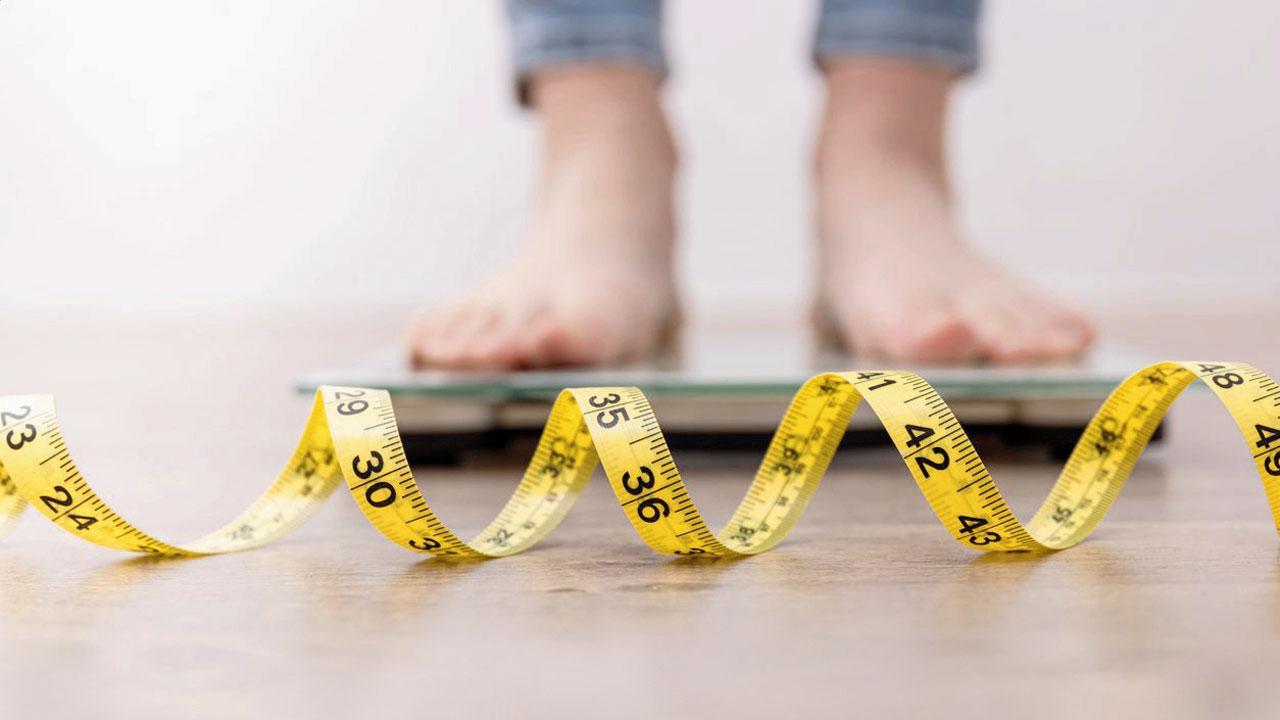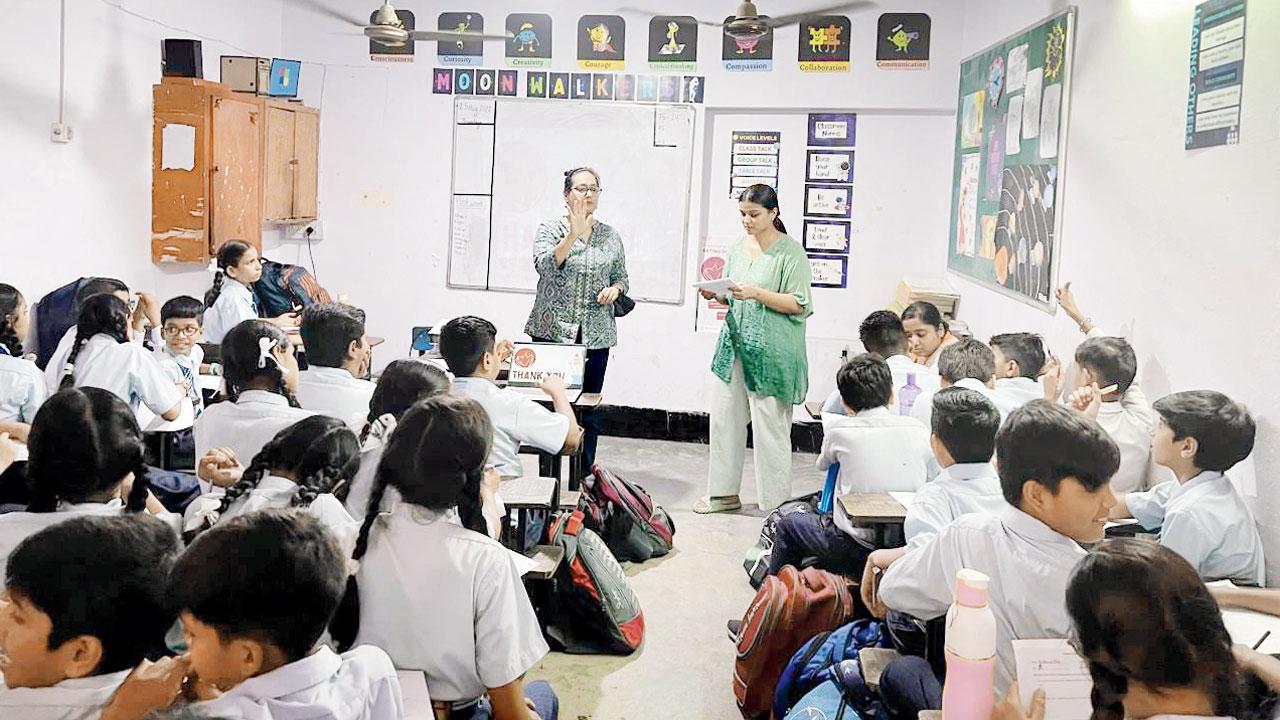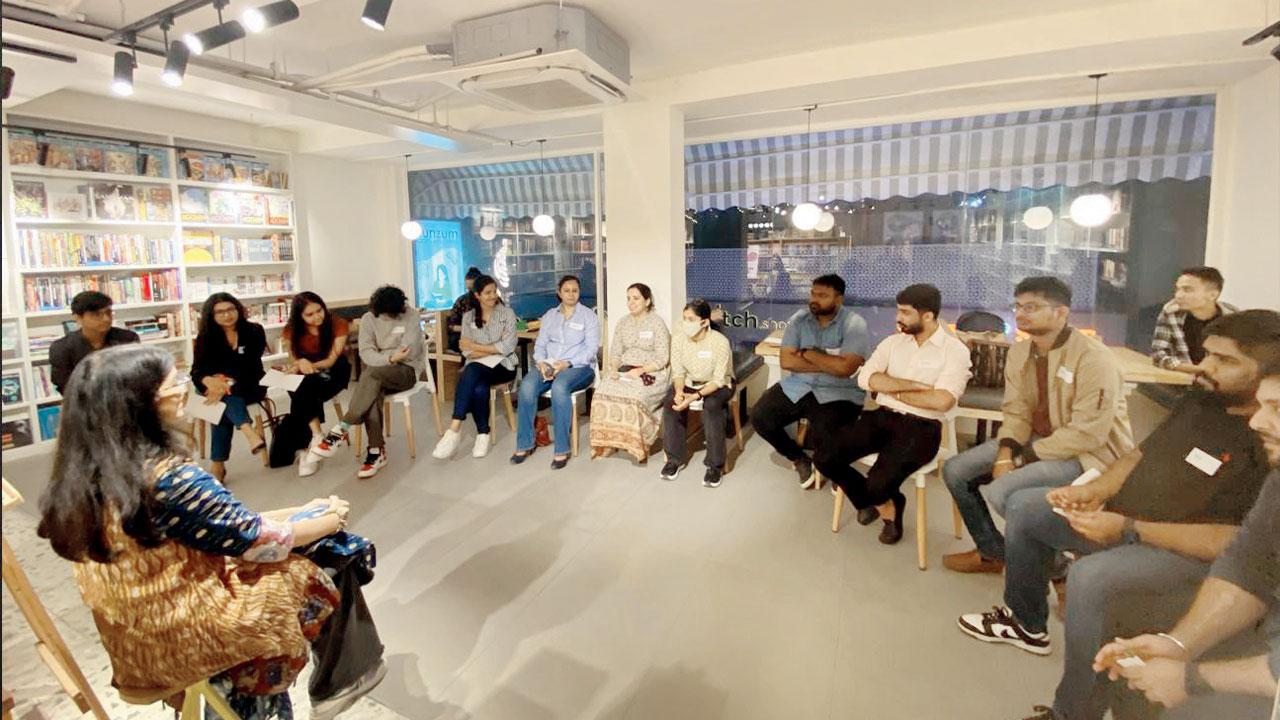An NGO focused on eating disorders in India speaks about their work in starting a conversation about EDs and aiding a journey towards recovery

Representation pic
More than two years after the first lockdown due to Covid-19, we are noticing and accepting different ways in which the pandemic has impacted us. Recent studies, including one published in European Psychiatry, show how the pandemic increased risks of Eating Disorders (ED) and increased barriers to accessing treatment. They take into concern the impact of isolation, the need for control and emotional regulation, as well as the impact of increased concerns and conversations around health and fitness. Still, there is a lack of research on EDs, especially in the country.
ADVERTISEMENT
India-based NGO Freed, established a year and a half ago, was launched with a mission to start conversations around EDs in India. Delhi-based founder Kamakshi Malhotra notes that EDs are mental health concerns that thrive in isolation which the pandemic would have accelerated or worsened. “Our vision is to empower people to accept and respect their bodies as they are. We are not asking people to avoid thinking about their health. But talking about weight and appearance in a certain way can be more detrimental than beneficial,” Malhotra notes.

Freed’s school-based workshops in Delhi
Freed’s work operates on three verticals — awareness and education, and intervention through an ecosystem of support including resources, a helpline and a free fellowship for budding professionals for which they are currently accepting applications for its third edition from second-year students of Masters of Psychology. The third pillar, research and data-backed advocacy, is focused on understanding the prevalence of EDs in India and the unique socio-cultural factors that affect them.
What are eating disorders?
Malhotra notes, “EDs are a mental health concern which is characterised by disturbances in eating patterns. Disturbances in eating patterns are quite common in most people, but when they start to become behaviours and cause extreme physical and mental distress is when we characterise them as disordered eating, and in more severe conditions, eating disorders.” Most cases are linked to body image issues, and rise from a need to feel more in control or need for an emotional escape. Environmental factors include body shaming, cues on the beauty standard communicated across media, sociocultural aspects of Indian society as well as biological factors.

A Freed session in Delhi
Look out for warning signs
Signs and symptoms seem different for different people and can go unnoticed, making self-education all the more important. Some common signs of anorexia are characterised by extreme weight loss within really short periods of time, distress about eating certain food, strict portion control. For bulimia, characterised by bingeing and purging, a common sign could be eating large amounts of food and instantly running to the bathroom, or wanting to eat in isolation. Similarly, for binge eating, the warning signs could be complaining about feeling out of control while one is eating, or feeling physical distress and discomfort after eating.
 Kamakshi Malhotra
Kamakshi Malhotra
Road to recovery
Malhotra reveals that talking to someone helped her. “It’s easy to feel an overpowering sense of isolation. But the minute you talk about it, it almost takes that ED out of your brain and turns it into something you can tackle.” Realisation, speaking about your struggles, and educating yourself are first steps to recovery, followed by one on one intervention with a therapist, psychiatrist, or nutritionist. In case of inaccessibility, Malhotra recommends seeking therapy first which plays a crucial role in helping to navigate the different things or thoughts that cause stress, or trigger the ED. Early identification and treatment are key factors in improving the likelihood of long-term recovery.
Resource list: nationaleatingdisorders.org/beateatingdisorders.org.ukt
Log on to: imfreed.org
 Subscribe today by clicking the link and stay updated with the latest news!" Click here!
Subscribe today by clicking the link and stay updated with the latest news!" Click here!







